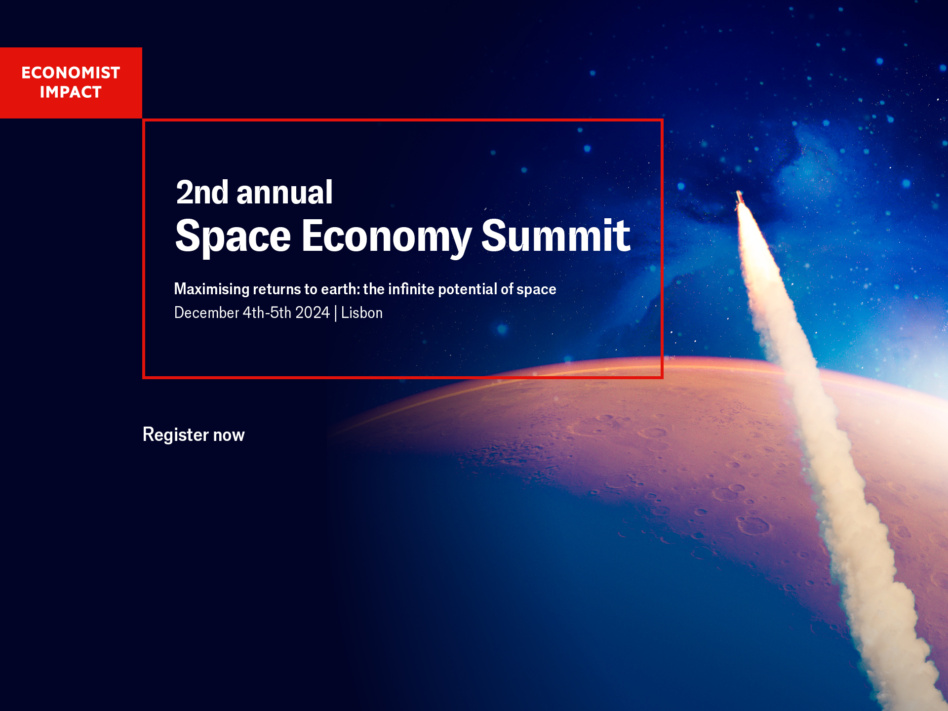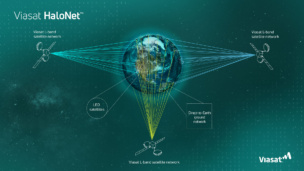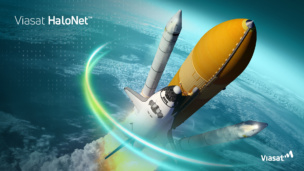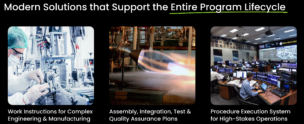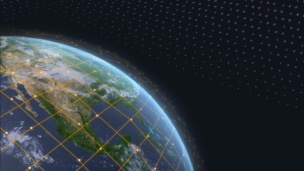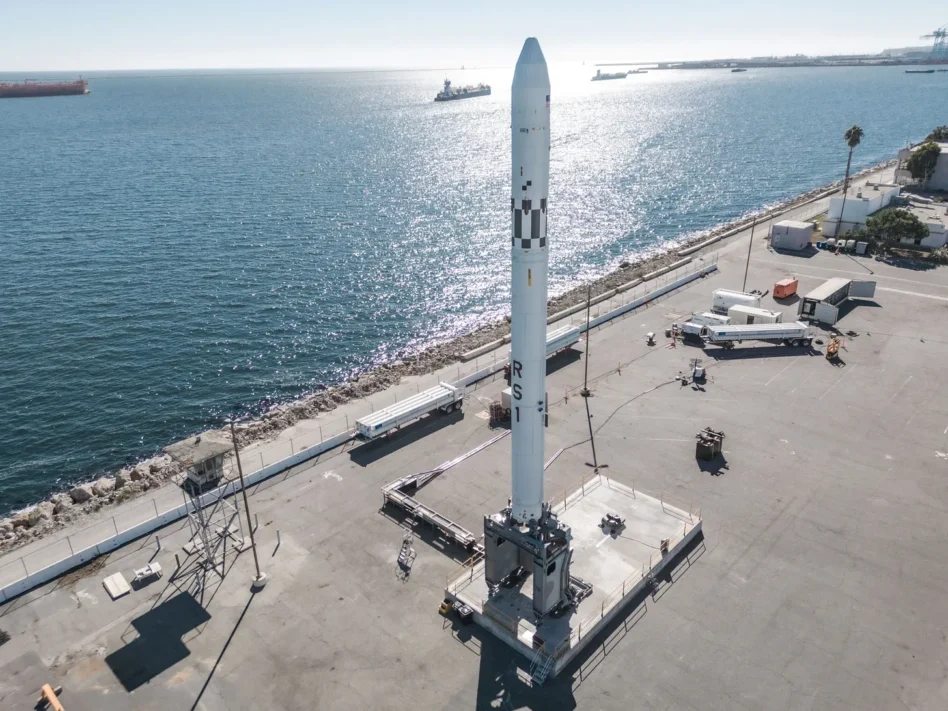Join us at the 2nd annual Space Economy Summit, where Dominik Heinrich, global head of AI design, The Coca-Cola Company, adjunct professor of AI Design, Pratt Institute, and co-founder, Creative AI Academy will discuss – AI in action on Earth and in space.
RSVP* today and be part of the conversation with Dominik Heinrich on December 4th – 5th in Lisbon.
Dominik, as an Adjunct Professor, Co-Founder of Creative AI Academy and Global AI Design Leader, how are you leveraging AI to enhance the consumer experience and optimise product development?
I have the strong belief that Designers Lead and AI follows. AI in Design supercharges Human Creativity and enables us to create real magic at scale. I speak about the magic triangle – AI in Design when I teach at Pratt. Design for AI. Human-AI. AI acts as an enabler that amplifies our ability to create brand-defining experiences at scale, while ensuring that the outputs remain unique and culturally relevant.
Concretely, on the product design side, I am seeing designers tap into generative AI models to simulate and iterate potential flavours, packaging, and sensory experiences in real time. This enables brands to refine their products faster, cut down on waste, and deliver offerings that resonate deeply with the diverse tastes of our consumers around the globe.
How do you see AI’s potential in designing solutions for the daily life of a space economy, and how might this translate to innovation on Earth?
The beauty of approaching AI through a space strategy mindset is that it forces us to rethink constraints and design for environments with completely different rules—like zero gravity or resource scarcity. This pushes designers to develop solutions that are not only resilient but also highly adaptable. Think about simulating a day in the life of a lunar colony: how do you ensure sustainable nutrition, optimise limited resources, and create closed-loop systems? When you solve these problems for space, you inevitably create innovations that can be applied back on Earth—whether it’s in agriculture, logistics, or even consumer product design. It’s about thinking beyond our current limitations and finding magic in those extreme challenges.
In your session at the Space Economy Summit, you’ll discuss AI’s role in simulating space environments. Can you share how organisations are approaching these kinds of simulations to benefit global innovation?
AI is great to simulate future scenarios—whether it’s consumer preferences on Earth or entirely new needs in extraterrestrial environments. The idea is to develop solutions that are multi-purpose. For example, understanding nutritional needs in space has the potential to revolutionise how we think about sustainable food systems on Earth. It’s about looking beyond the immediate impact and designing systems that are inherently flexible—able to adapt to the demands of both Earthly and extra-terrestrial environments. If we can figure out how to create a zero-waste, circular system for a space station, why not apply that thinking to our global supply chains?
You also serve as an adjunct professor of AI Design at the Pratt Institute. How do you integrate academic insights into your work and broader industry practices?
I like to see my work at Pratt as a laboratory for new ideas—where concepts can be pushed to their breaking point without the pressures of immediate ROI. It’s a space where we can test how AI might influence human behaviour or simulate the impact of design choices in extreme environments, like space. The insights from that academic freedom feed directly into my work in other areas. Whether it’s in product design or experience creation, I’m constantly bridging that gap by bringing an academic rigor to the complexities of global brand strategy.
What innovations or trends in AI and space technology are you most excited about, especially in terms of their application to daily life?
One trend I’m deeply excited about is the convergence of AI and closed-loop systems—how AI can design, monitor, and optimise entire ecosystems in space and on Earth. Imagine creating habitats that use AI to manage everything from energy consumption to food production, where every input and output is recalibrated in real time to maintain a perfect balance. These are not just theoretical models; we’re on the verge of seeing these systems in action. The potential is immense—once we can get it to work flawlessly in space, we can reapply these principles to urban planning, agriculture, and even everyday consumer experiences here on Earth.
Finally, what key takeaways do you hope attendees will gain from your presentation at the Space Economy Summit?
I want them to walk away seeing space not as a distant opportunity but as a very real and urgent strategy for innovation on Earth. A space strategy mindset changes how you approach problem-solving, resource management, and even creativity. It’s not just about thinking big—it’s about thinking critically and differently. My hope is that attendees leave inspired to create their own “real moonshots,” leveraging AI to design solutions that have a tangible impact both here and beyond our atmosphere. Because the best innovations don’t just solve today’s problems—they redefine what’s possible tomorrow.
